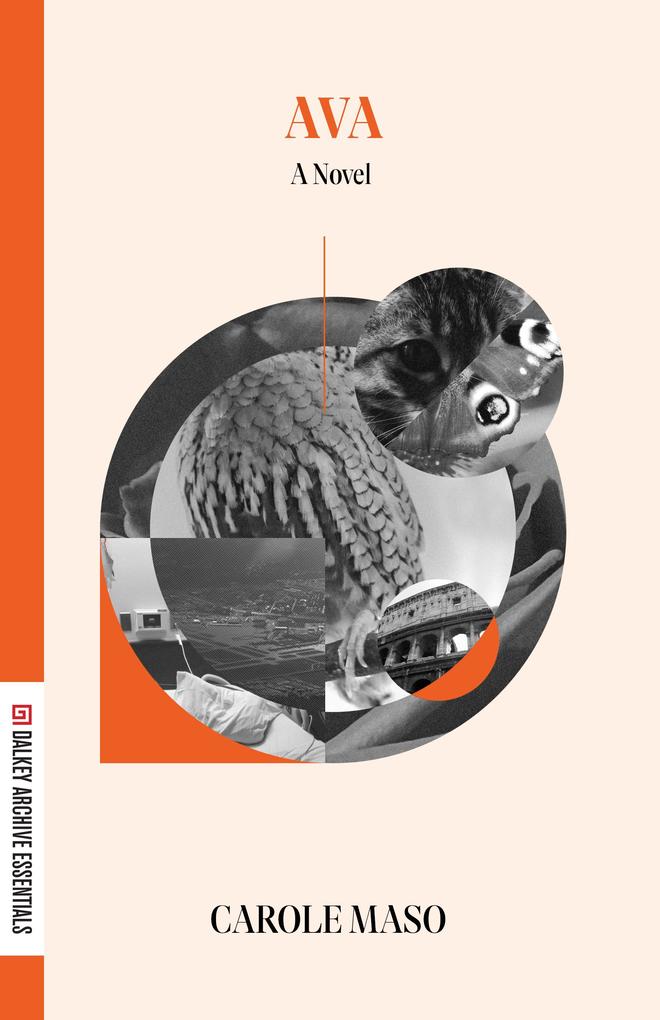
Download vorbestellbar
Ava Klein, thirty-nine, lover of life, world traveler, professor of comparative literature, is dying. From her hospital bed on this, her last day on earth, she makes one final ecstatic voyage. People, places, offhand memories, and imaginary things drift in and out of Ava's consciousness and weave their way through the narrative. The voices of her three former husbands emerge: Francesco, a filmmaker from Rome; Anatole, lost in the air over France; Carlos, a teenager from Granada. The ways people she loved expressed themselves in letters or at the beach or at the moment of desire return to her. There is Danilo, her current lover, a Czech novelist, and others, lovers of one night, as she sings the endless, joyous, erotic song cycles of her life, because "Dusk and the moment right before shapes are taken back is erotic. And the dark."
The voices of her literary loves as well are woven into the narrative: Woolf, Eliot, Nabokov, Beckett, Sarraute, Lorca, Frisch, among others. These writers comment on and help guide us through the text. We hear the voices of her parents, who survived the Treblinka death camp, and of her Aunt Sophie, who did not. War permeates the text, for on Ava Klein's last day Iraq has invaded Kuwait. And above all we hear Ava's voice. Hers is the voice of pleasure, of astonishment, the voice of regret, the voice of gratitude as she moves closer and closer to the "music that is silence."
AVA is an attempt, in the words of French feminist philosopher Helene Cixous, "to come up with a language that heals as much as it separates." The fragments of the novel are combined to make a new kind of wholeness, allowing environments, states of mind, and rhythms not ordinarily associated with fiction to emerge. AVA's theme is the poignancy of mortality, the extraordinary desire to live, the inevitability of death--the things never done, never understood, the things never said, or said right, or said enough. Ava yearns and the reader yearns with her, struggling to hold on to all that slips away.
Mehr aus dieser Reihe
Produktdetails
Erscheinungsdatum
15. Juli 2025
Sprache
englisch
Seitenanzahl
274
Reihe
Dalkey Archive Essentials
Autor/Autorin
Carole Maso
Verlag/Hersteller
Kopierschutz
mit Adobe-DRM-Kopierschutz
Produktart
EBOOK
Dateiformat
EPUB
ISBN
9781628975550
Entdecken Sie mehr
Bewertungen
0 Bewertungen
Es wurden noch keine Bewertungen abgegeben. Schreiben Sie die erste Bewertung zu "AVA" und helfen Sie damit anderen bei der Kaufentscheidung.































